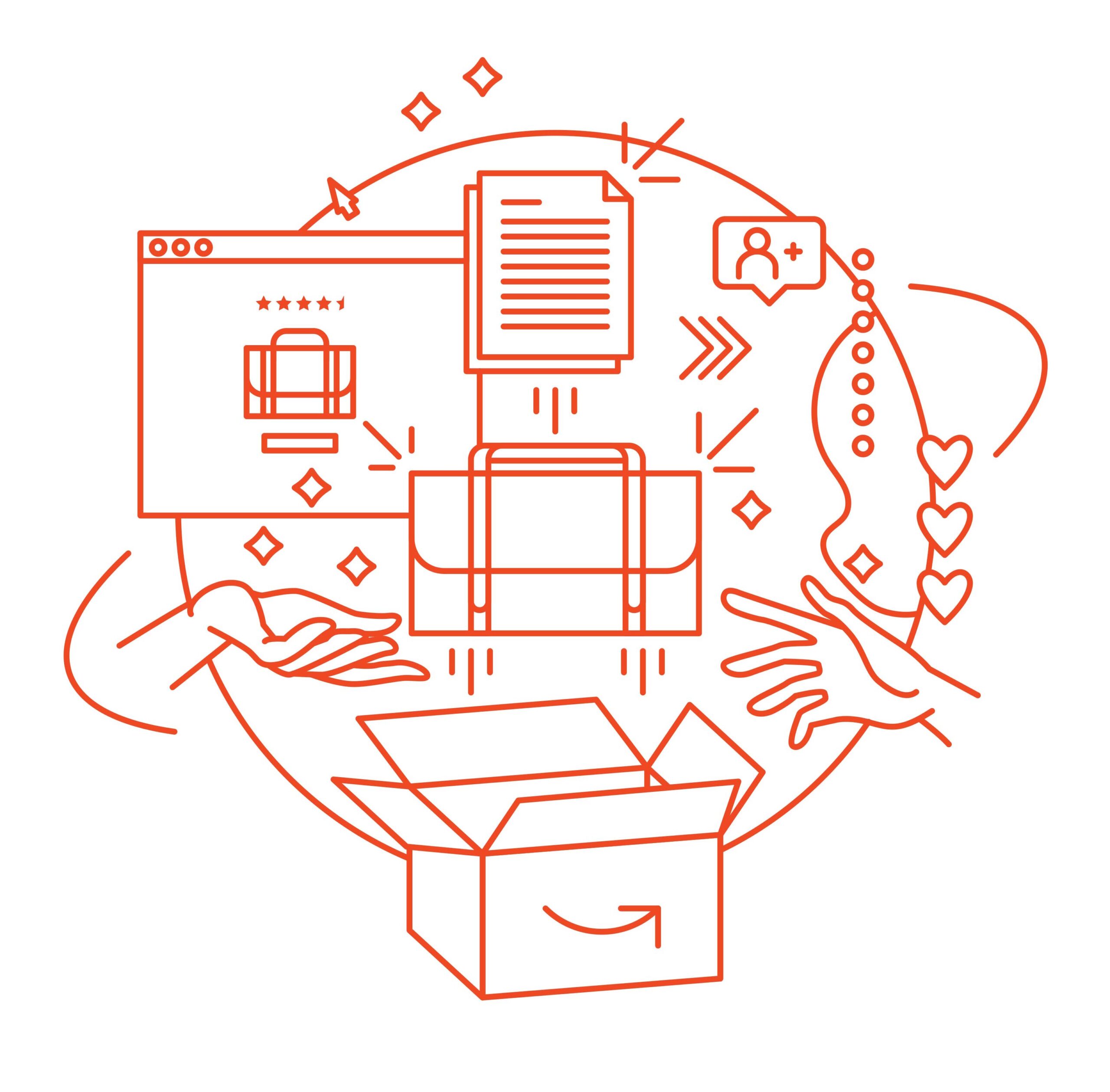Common Good: Who is digitally exhausted?
Felicia Wu Song: I’m thinking about a lot of the individuals who come up to me after a talk, and say, “I just don’t know what to do. I have this job. I have this ministry. I can’t stop doing the email or the blog or the podcast. And I don’t know what to do. I’m exhausted.” I think most people would say they feel it. Maybe 10 years ago people were feeling it, too, but it wasn’t cool to suggest that we couldn’t hack it. Now everyone sees that this is unsustainable. Even my college students say, “The pressure, it’s just too much. People expect me to be online all the time, and I’ve got to respond right on the spot. I don’t know what to do.”
How is personhood connected to the strains of the digital age?
So many of our digital practices are routines that we don’t even think about. We don’t even realize we’re picking up our phones and looking at them when we’re waiting in line. What are these routines and these habits teaching us? We are, after all, liturgical animals. And we are creatures of appetite longing for communion, for fulfillment and meaning. We will seek it wherever we go, if we are not seeking it in God.
What’s happening to us is we’re letting the dynamics of social media and email and the digital parts of our lives drive our days, drive our senses of being. I call this the industrialization of you and me, and the idea is that when we spend a lot of time on social media, if it is our primary place of engaging other people, that space reduces our communications to mere broadcasts and performances. It reduces whatever utterance we have, and our personhood, to a mere post in a feed.
Is this anxiety about technology, per se, or is it about social media?
The inescapablenes of it is what creates the exhaust and the feeling of being stuck. Because I think if social media was merely what it is, but in a space that was on our boxy desktops from the 1990s, and you had to dial in, it wouldn’t have the same feel. It’s both, I think, cumulative and pervasive.
How do we recover personhood?
Christianity is a story of abundance as opposed to reduction. How do we live into that abundance? We must take on a counter-liturgy. I like to think of it in terms of creating sacred spaces and sacred times of silence and solitude, or just being with one’s own thoughts, or being able to attend to the Holy Spirit’s nudges — rather than fill our spirits constantly with tasks that need to be completed and entertainment that’s stimulating. That manifests into, for me, a personal guideline of not picking up my phone for the first 15 to 30 minutes after I get up in the morning.
To what extent is this notion of liturgy a social or communal question?
The Greek notions of liturgy refer to the work of the people, not the person. For these sorts of changes to be sustainable and actually impactful, they have to be collective. So having our organizations, our communities, be mindful about how we help employees work and live well is essential for whatever the future of life online is going to be. Some companies let their employees expunge all the emails that come into their inbox while they’re on vacation. We need that permission. We need that freedom. We need to know that we’re not going to be passed up for that promotion because we were actually trying to be with our families. Most of these organizational habits, like checking work email during the weekend, are not intentional. No one sat down and determined to make sure employees are always online. We all kind of fell into it. But we need to get out of it intentionally.






This story is from Common Good issue 08.